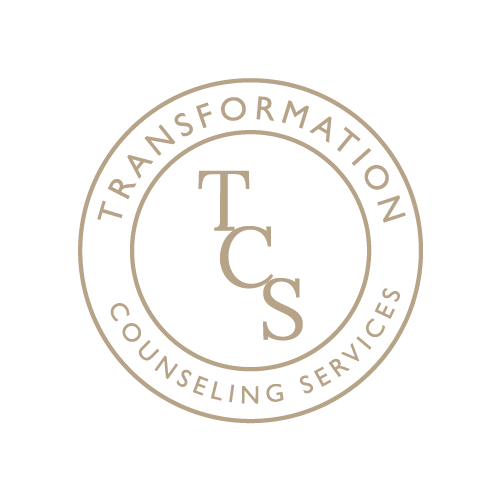Intergenerational trauma refers to the transmission of trauma-related symptoms, behaviors, and beliefs from one generation to the next. It occurs when the trauma experienced by a community, such as colonization, slavery, displacement, or genocide, continues to impact subsequent generations through social, psychological, and biological mechanisms. The effects of intergenerational trauma in the BIPOC Community can be profound and pervasive.
In this blog, we will delve into the effects of intergenerational trauma in the BIPOC community, shedding light on the importance of understanding and addressing this complex issue.
- Psychological and Emotional Impact: Intergenerational trauma can manifest as mental health challenges, including depression, anxiety, post-traumatic stress disorder (PTSD), and substance abuse. These conditions may result from the cumulative stress experienced by previous generations and can be perpetuated by ongoing systemic injustices and discrimination.
- Cultural Disconnection: Intergenerational trauma can contribute to a disconnection from cultural identity and practices. The loss of cultural heritage, language, and traditions due to historical trauma and forced assimilation can impact individuals’ sense of belonging, self-esteem, and cultural pride.
- Relationship Difficulties: The effects of intergenerational trauma can strain relationships within families and communities. Unresolved trauma can lead to emotional distance, communication challenges, and difficulties in forming healthy attachments. The cycle of trauma can perpetuate patterns of dysfunction and conflict within relationships.
- Socioeconomic Disparities: Intergenerational trauma can contribute to socioeconomic disparities in the BIPOC community. Historical traumas, such as slavery, colonization, and systemic racism, have resulted in ongoing structural inequalities that limit access to resources, opportunities, and upward mobility for affected individuals and communities.
- Resilience and Strength: Despite the challenges, individuals within the BIPOC community also demonstrate remarkable resilience and strength in the face of intergenerational trauma. Many have developed coping mechanisms, cultural practices, and community support networks that help navigate the effects of trauma and promote healing and empowerment.



